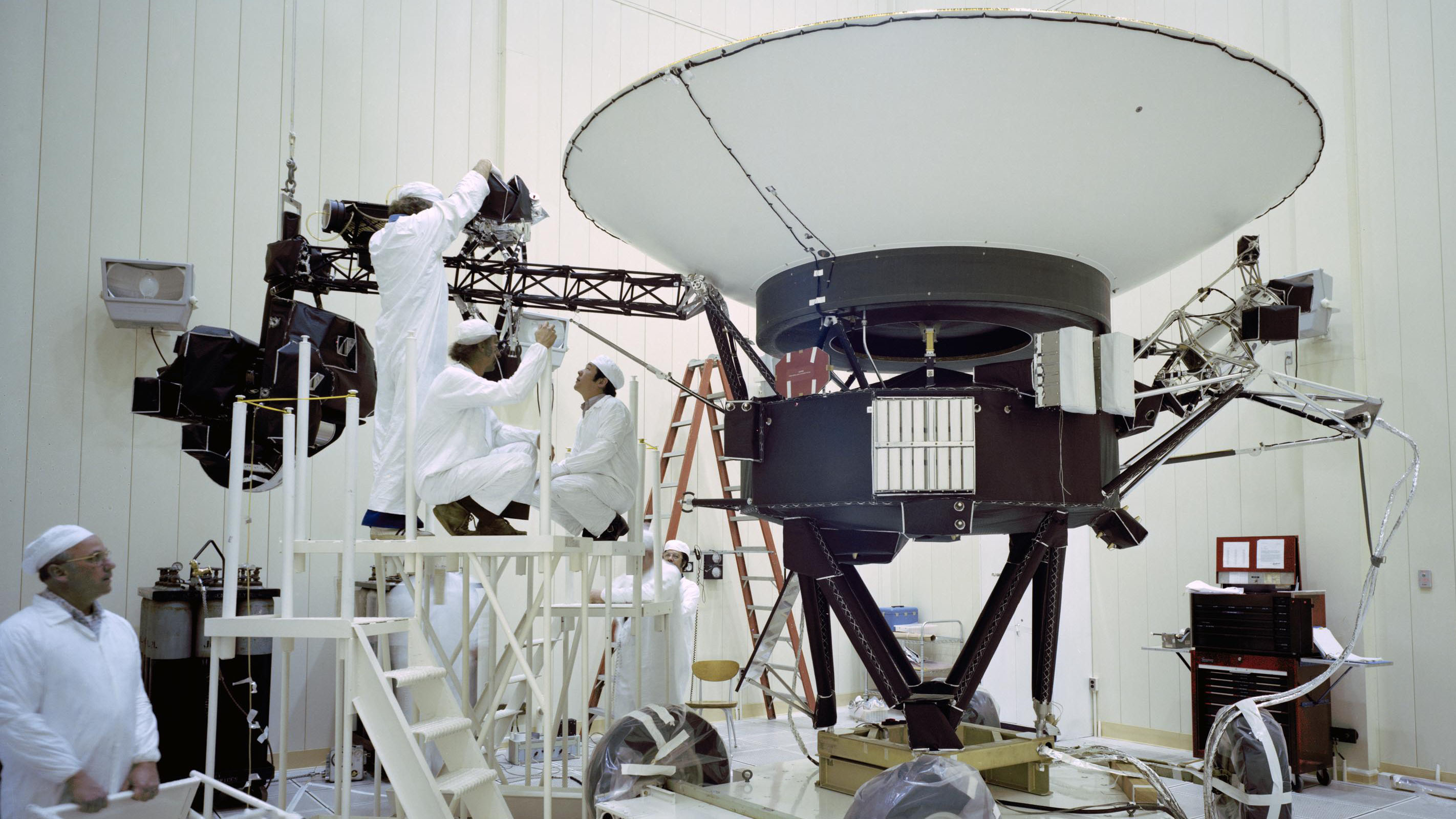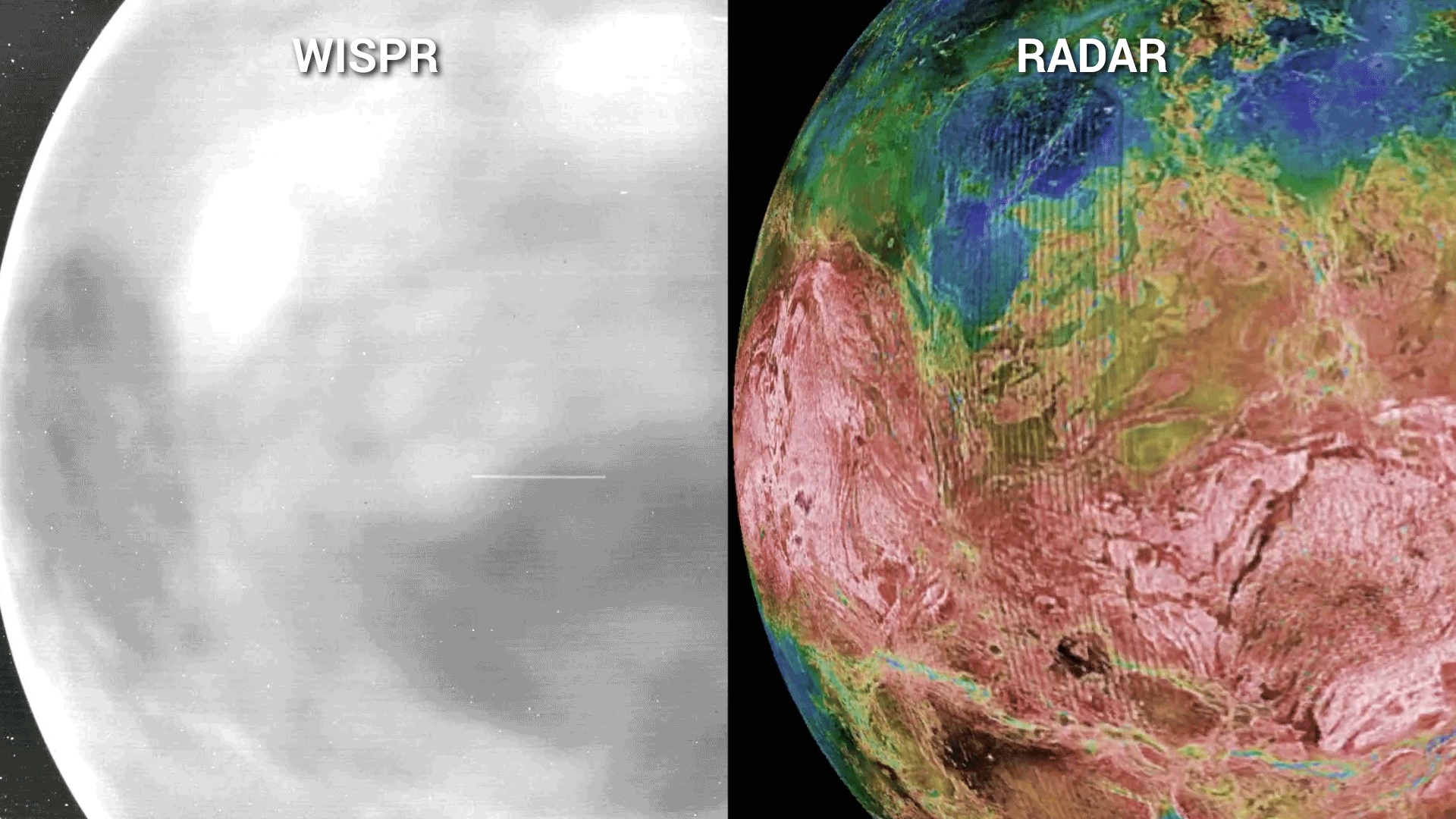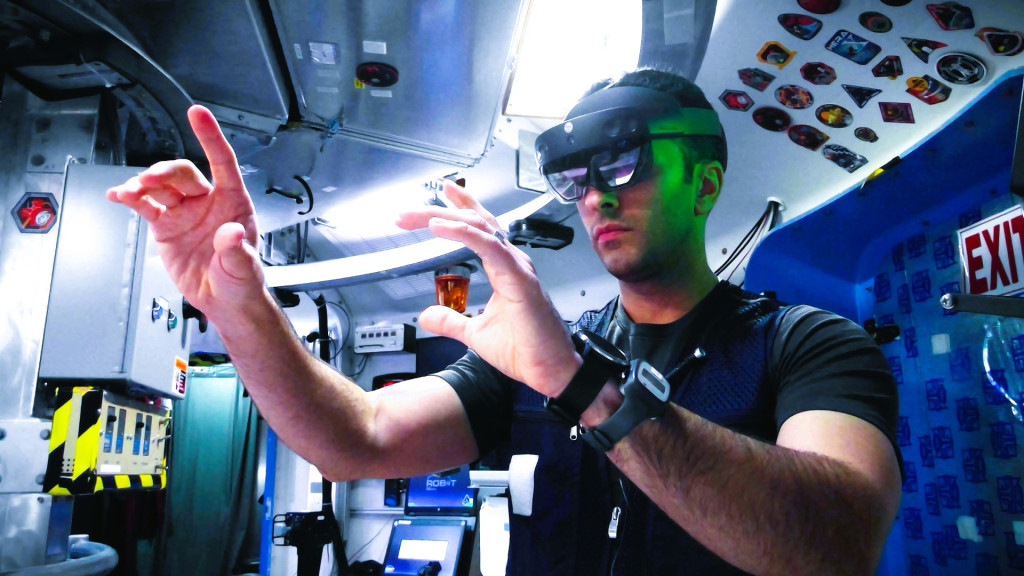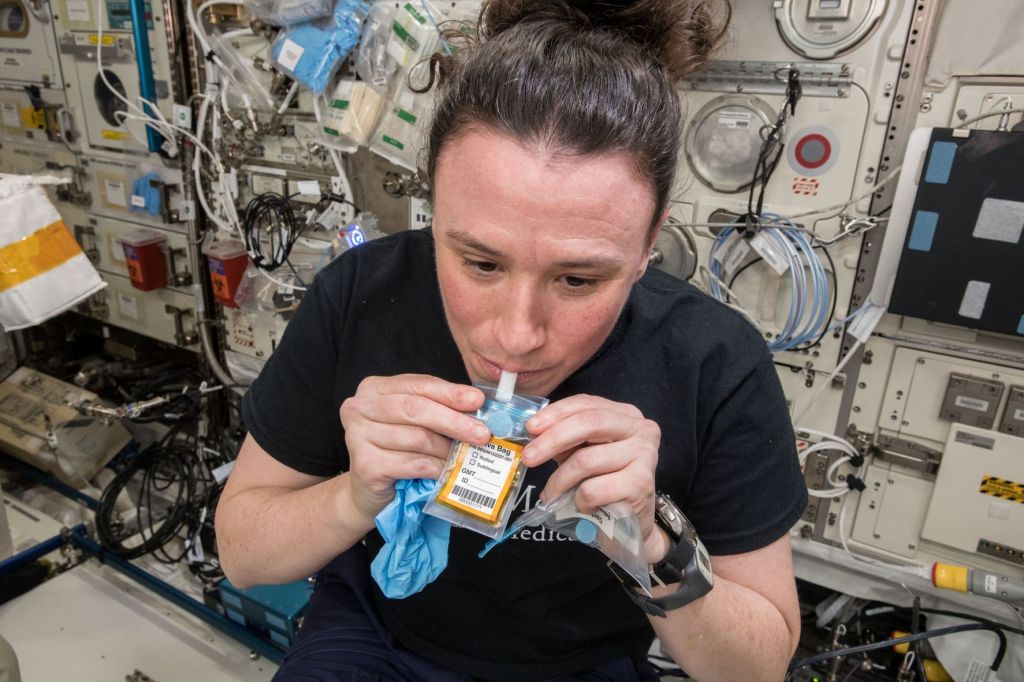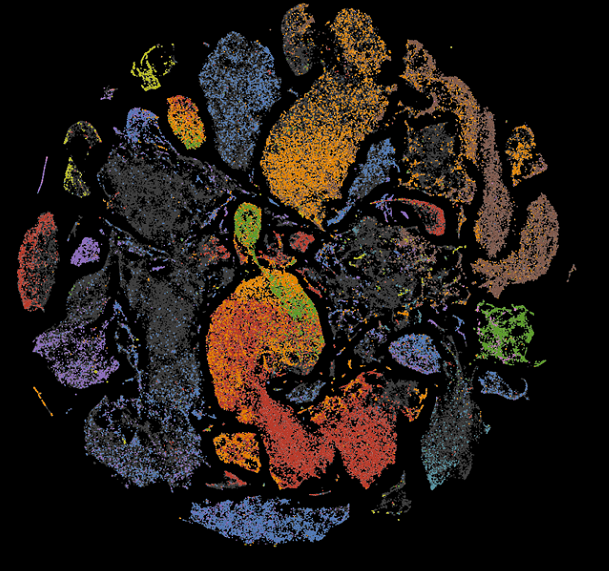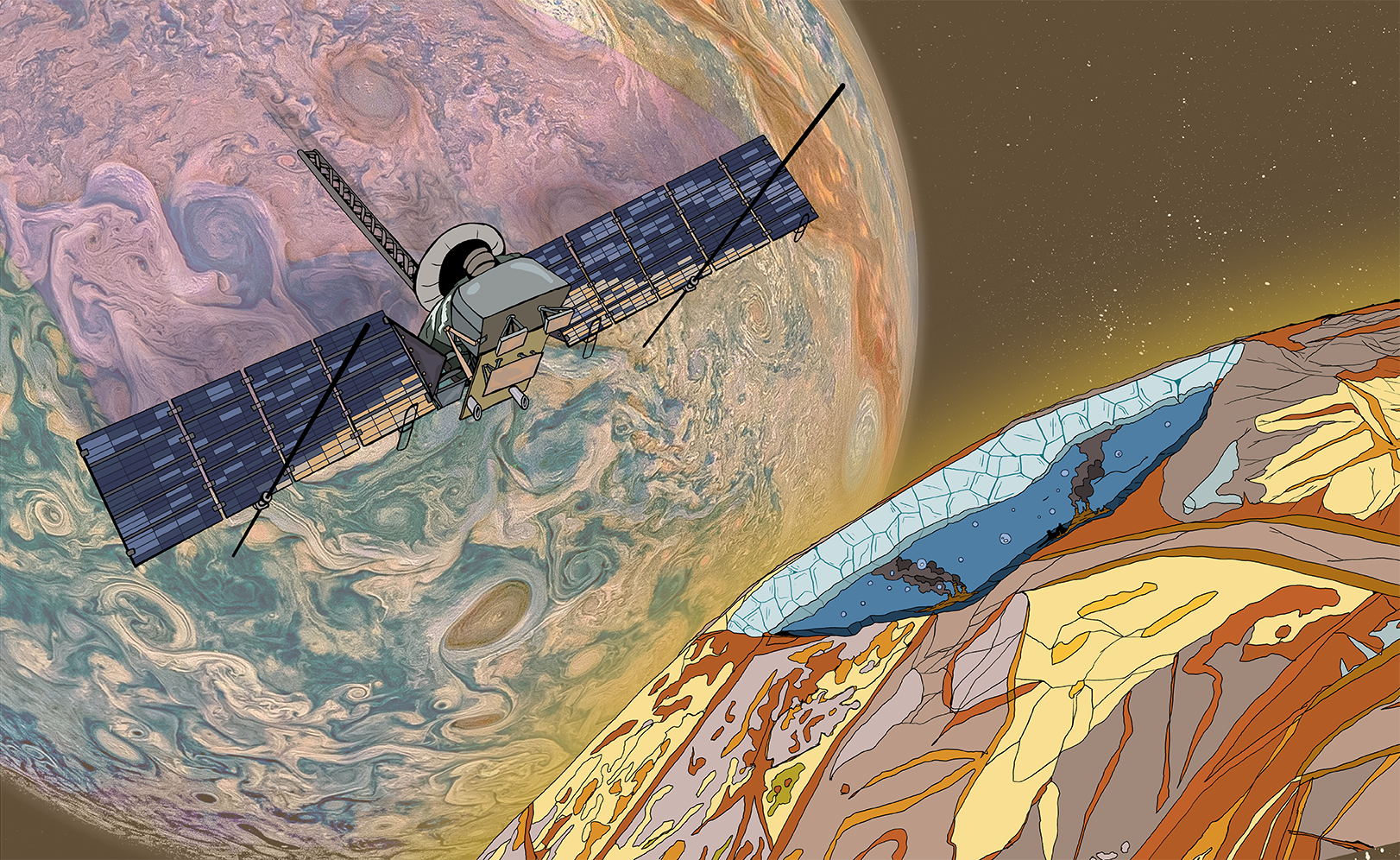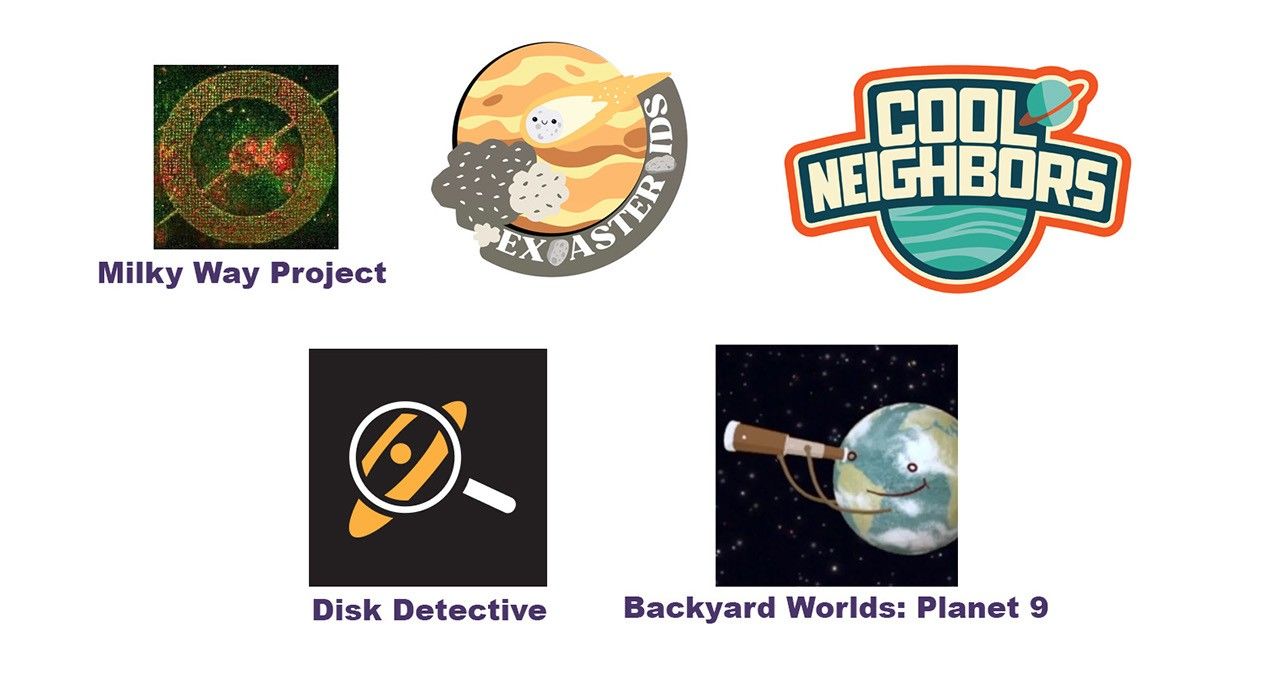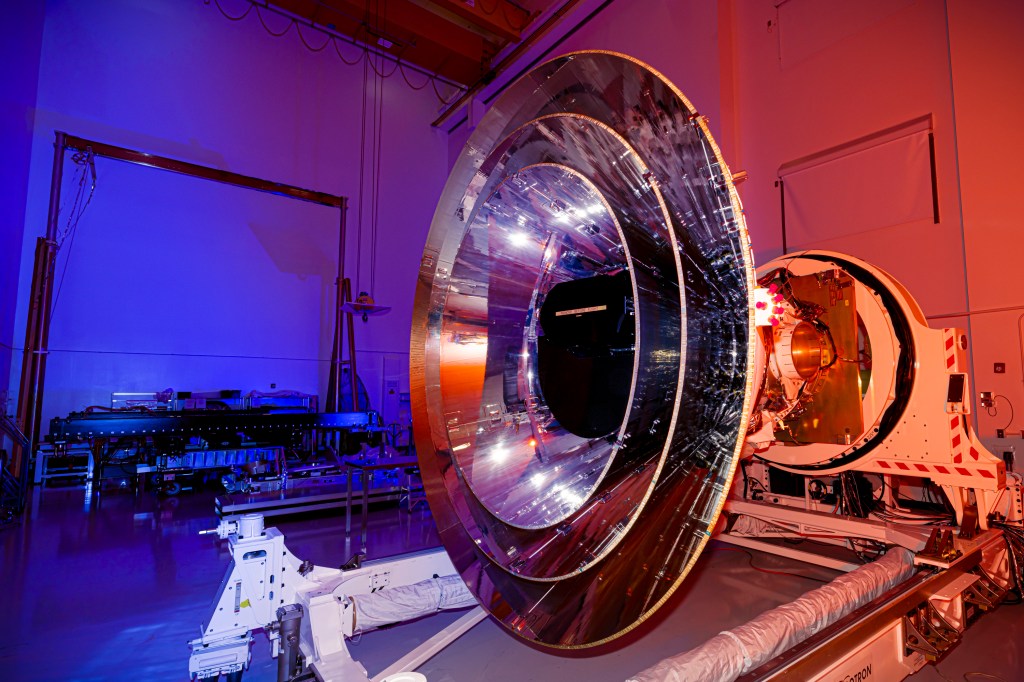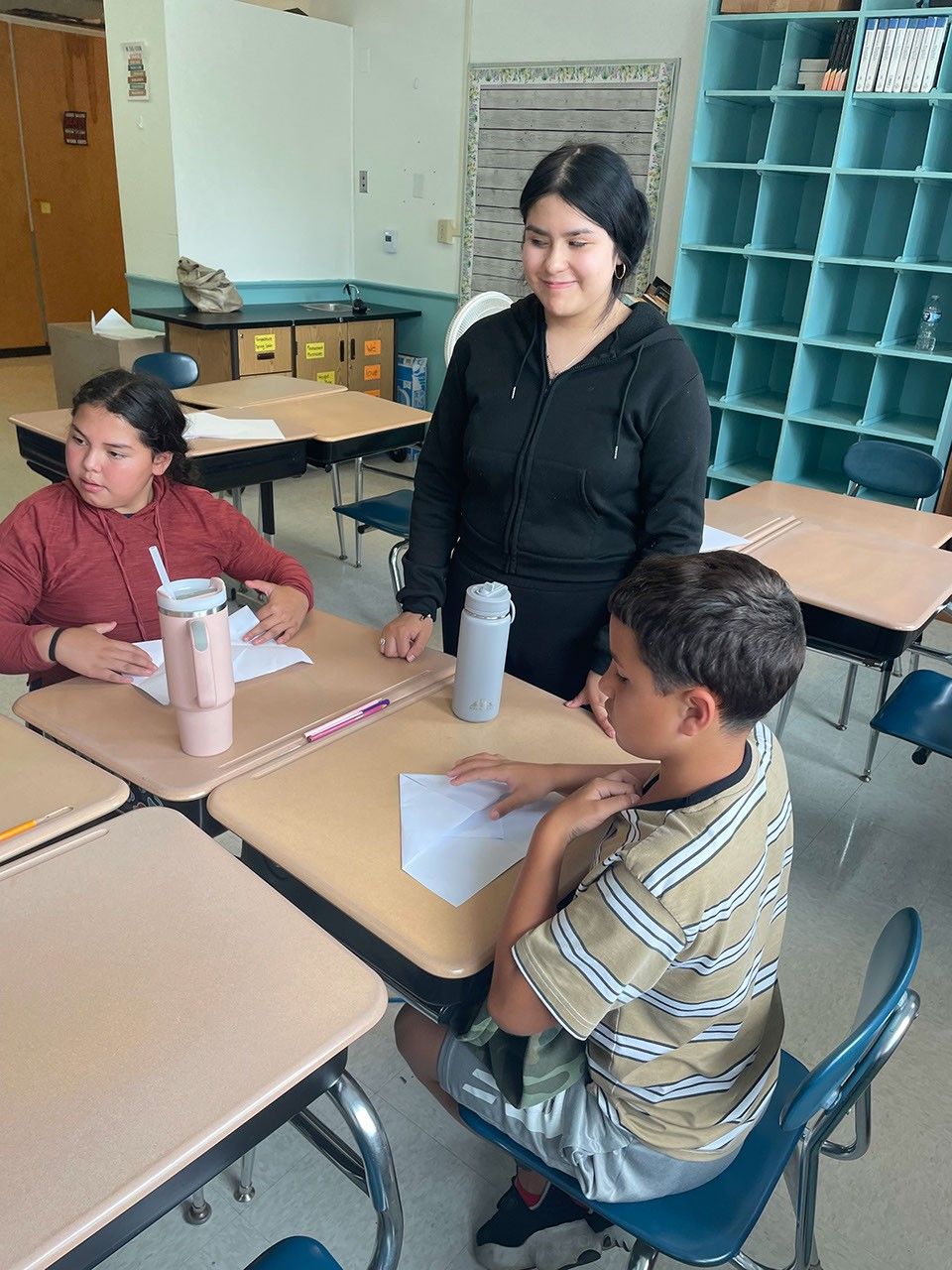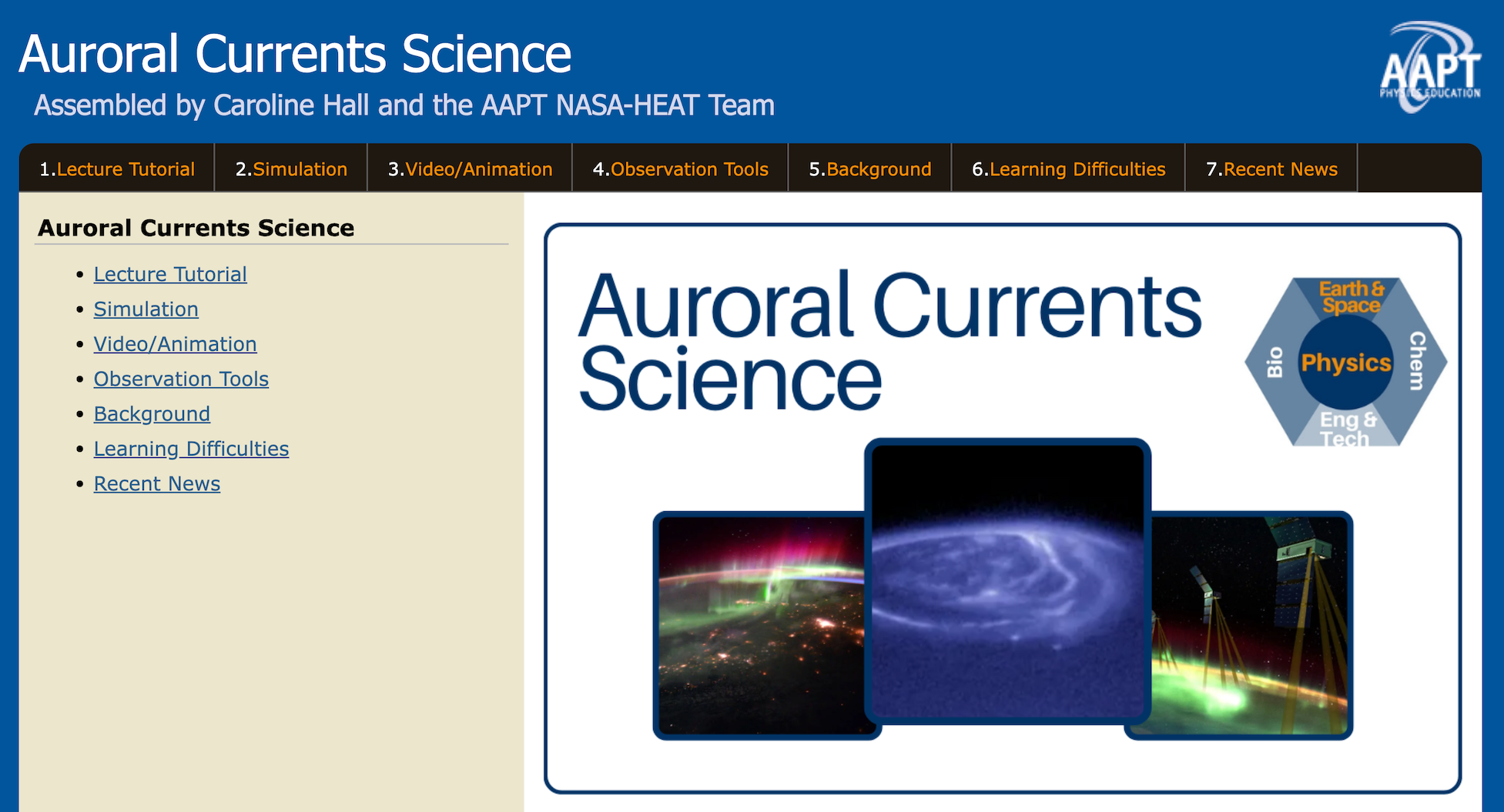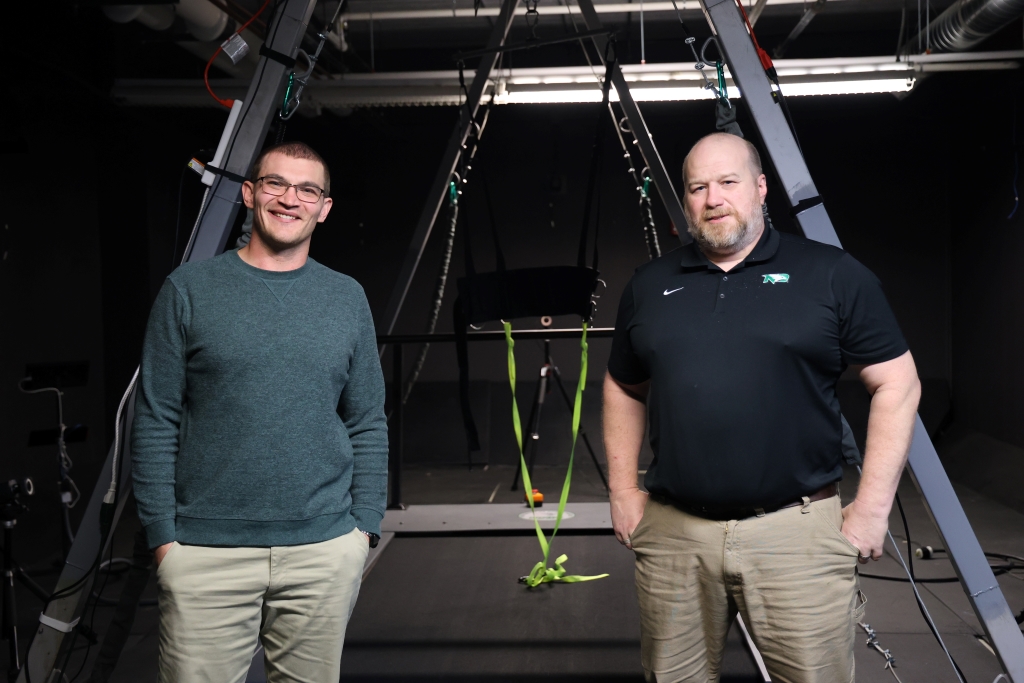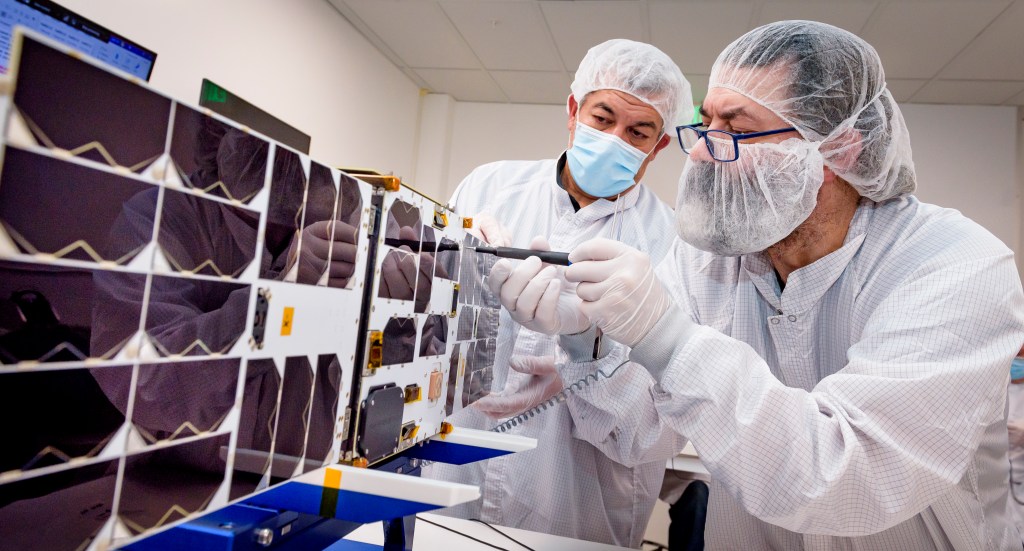Office of the Chief Engineer
Divisions of the Office of the Chief Engineer
The Office of the Chief Engineer provides policy direction, oversight, and assessment for the NASA engineering and program management communities and serves as principal advisor to the NASA Administrator and other senior officials on matters pertaining to the technical readiness and execution of NASA programs and projects. Below are the organizational divisions within the Office of the Chief Engineer.
Engineering Policy, Practice and Development Division (EPPD)
The mission of this division is to provide policy and practice direction for the Agency’s engineering community, including software and system engineering. The Technical Standards Program, the NASA Engineering Network (NEN), and the Space Asset Protection Program are also in this division. The Technical Standards Program provides ready access to current Voluntary Consensus Standards as well as NASA prepared standards that have been developed specifically for Agency use. Technical Standards reference any lessons learned and vice versa. NEN provides a single point as well as timely search access to over 3 million documents within the Agency and other technology related databases. NEN also hosts Communities of Practice for the Agency’s Tech Fellows and Technical Discipline Teams providing timely access to discipline-specific material from across the centers. Space Asset Protection is a collaborative effort with several other government agencies with interests in space.
Documents managed by this office include:
- NPR 7123.1, NASA Systems Engineering Processes and Requirements
- NPR 7150.2, NASA Software Engineering Requirements
- NPR 7120.10, Technical Standards for NASA Programs and Projects
More information:
- Lessons Learned Information System (Public)
- NASA Engineering Network (NEN) – Communities of Practice and Lessons Learned (NASA Internal)
- NASA Technical Standards Program (NTSP)
NASA Engineering and Safety Center
The mission of the NASA Engineering and Safety Center (NESC) is to perform value-added independent testing, analysis, and assessments of NASA’s high-risk projects to ensure safety and mission success. The NESC engages proactively to help NASA avoid future problems.
NESC is dedicated to promoting safety through engineering excellence, unaffected and unbiased by the programs it is evaluating. It is a resource meant to benefit the programs and organizations within the Agency, the NASA Centers, and the people who work there.
At the core of the NESC is an established knowledge base of technical specialists. This ready group of engineering experts is organized into 15 disciplines areas called Technical Discipline Teams (TDT), formally known as Super Problem Resolution Teams (SPRT). TDT members are from the NASA Centers, industry, academia, and other government agencies. By drawing on the recognized expertise of leading engineers from across the country, the NESC consistently optimizes its processes, deepens its knowledge base, strengthens its technical capabilities, and broadens its perspectives, thereby further executing its commitment to engineering excellence.
NESC’s technical evaluation and consultation products are delivered in the form of written reports that include solution-driven, preventative, and corrective recommendations. The NESC strives to set the example for the Agency by providing full and appropriate documentation of every activity its teams perform. Along with each report, lessons learned are communicated to Agency leadership and to engineers through avenues such as the NASA Lessons Learned Information System (LLIS).
Another important function of the NESC is to engage its proactive investigations to identify and address potential concerns before they become major problems. To further this goal, the NESC is currently leading NASA’s efforts for independent data mining and trend analysis. The NESC has established a Data Mining and Trending Group that includes representatives from all NASA Centers, as well as external experts. This group ensures that results are maximized and that the NESC comprehensively learns from previous efforts.
Learn More about the NASA Engineering and Safety Center
APPEL Knowledge Services
APPEL Knowledge Services unites the award-winning curriculum and career development tools from the Academy of Program/Project & Engineering Leadership (APPEL) with the critical knowledge sharing and knowledge management capabilities of the Chief Knowledge Officer (CKO) to create a comprehensive, knowledge-dedicated resource for NASA.
A key goal of the organization is to better meet the requirements for developing the NASA technical workforce while enhancing the ability to manage and share the different types of knowledge needed for mission success. Upholding the tradition of delivering outstanding training, APPEL Knowledge Services offers courses that span a broad range of subjects at every NASA center. The organization also maintains a focus on knowledge management, serving as a singular resource for the information and tools necessary to facilitate the identification, capture, and access of critical knowledge across the agency. The extensive online tools and materials from APPEL and CKO are featured on the unified APPEL Knowledge Services website, which combines critical aspects of both original websites in a single location.
Altogether, APPEL Knowledge Services serves as a powerful resource for supporting the agency’s technical workforce with the knowledge and training required to deliver on NASA’s mission.
NEW Knowledge Inventory: Explore APPEL Knowledge Services’ extensive tools and resources for sharing and accessing knowledge at NASA.
Learn more about APPEL Knowledge Services’ award-winning courses and curriculum.
Discover APPEL Knowledge Services’ career development resources.
Sign up for INSIGHT, the monthly news digest from APPEL Knowledge Services.




